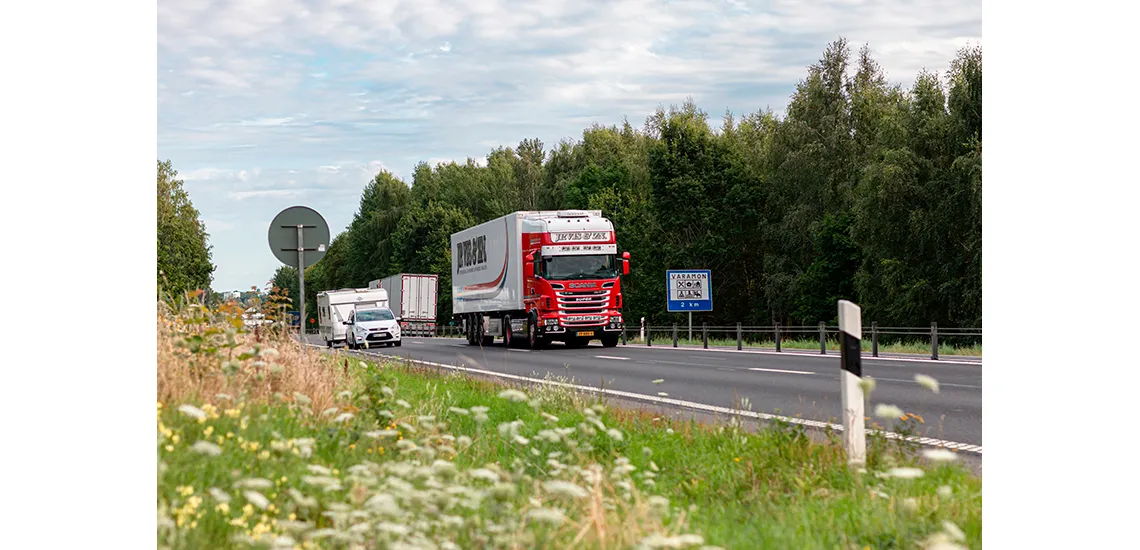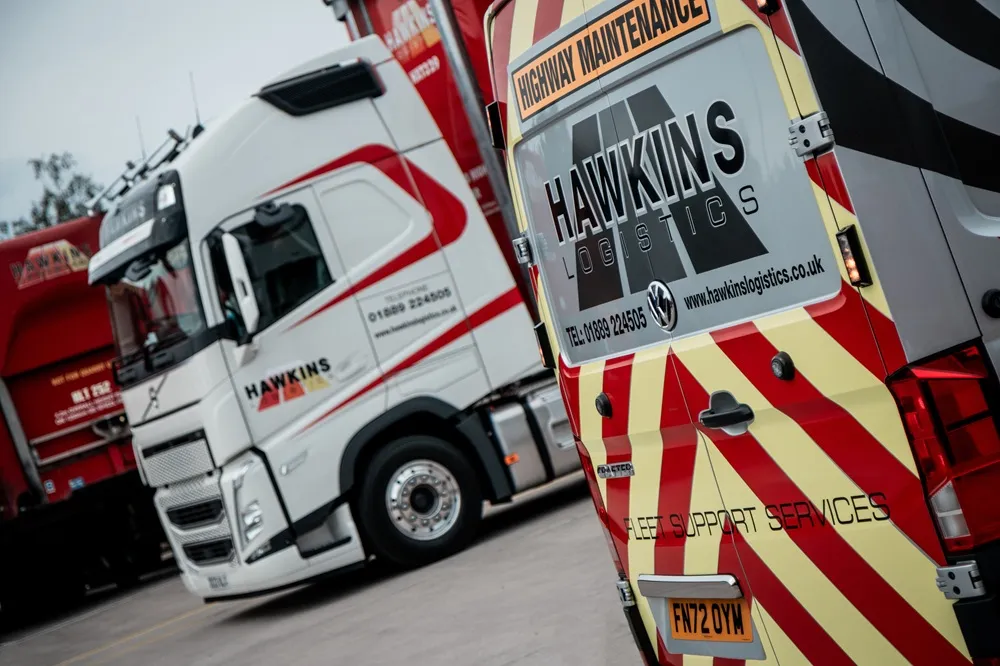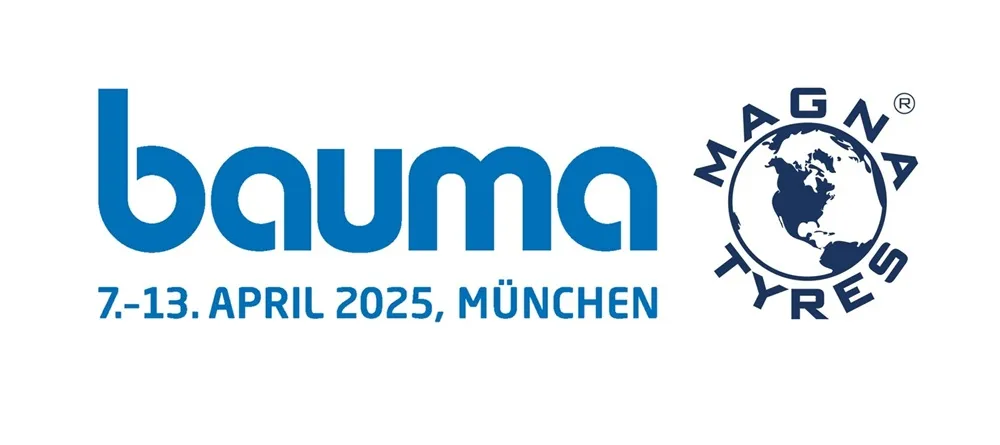Swedish CV forecasts are seeing yet another round of reductions. For the third time in 2022 light truck registration forecasts have been dropped, this time to 37,000 registrations.
Figures Released by Mobility Sweden Show Decline in LCV Sales
The reasons given are becoming the norm – the war in Ukraine and a Russian backlash, plus the shortage of components from China due to ongoing tight lockdowns to prevent the spread of Covid-19.
This combination of product disruptions, increased energy prices and increased costs for input goods and transports along with the weak Krona is affecting the Swedish vehicle market with long delivery times.
The year-on-year and year-to-date registrations for each segment is detailed in the table below:
| YoY (Units) | YoY (%) | YtD (Units) | YtD (%) | |
| LCVs | 3276 | +10.2% | 24525 | -14.3% |
| Heavy Trucks | 543 | +33.1% | 3791 | -4.3% |
| Bus | 48 | +78.8% | 845 | +63.8% |
In the LCV segment, it is interesting to note that 14% of the orders in September were electric (462 units). Over the course of the year 12.5% of year-to-date orders have been electric in this segment. As for heavy trucks, 106 new heavy electric trucks hved been registered in 2022 compared to 31 at the same stage in 2021, showing the move towards electric in Sweden. In the bus sector, we have seen a strong recovery in comparison to two tough years in 2021 and 2022, which can be attributed to increase in post pandemic consumer travel and public procurement.








